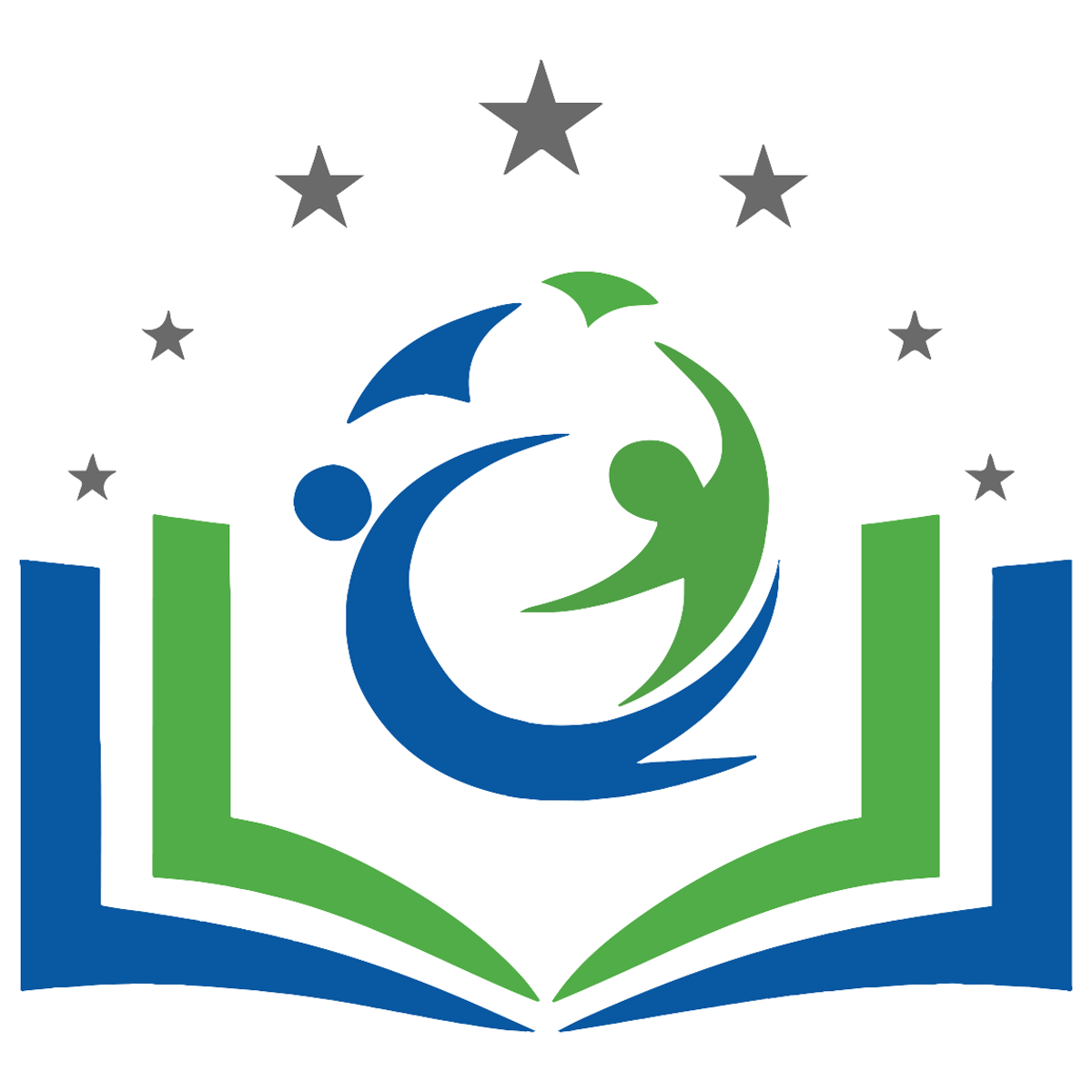Graduating high school with a job already lined up is a big deal – especially if that job pertains to a career in the medical field and requires a special certification.
Most of Jennifer Byrne’s fourth-level Health Science students at Hanahan High are getting ready for job shadowing experiences in the coming weeks, and they also have a lot of studying to do; in addition to getting a diploma in May, they should hopefully be getting a certification that will make them employable in pharmacies upon graduation.
These students already know how to take basic vital signs and do CPR. They are currently learning a plethora of information about prescription drugs and diagnostics.
Health science is a Career and Technology Education, or CTE, course geared toward students who have an interest in a career in the medical field. It is a challenging course, and Byrne has high expectations for her students – but she can attest her small group of fourth-level students are go-getters who are just about ready to take the next step toward their career goals.
“They’re here because they earned it – they made great grades, they showed that they are diligent and are dedicated,” Byrne said. “I consider them top notch.”
Most of the students in the health science program are interested in pursuing nursing, but Byrne’s background is actually in dental hygiene. She worked as a dental assistant for six years before she went back to school to become a hygienist.
Byrne started exploring the transition to teaching in 2019.
“I always felt that I could do more,” she said. “I’ve always been drawn to the idea of teaching.”
Byrne learned she was qualified to teach in Career and Technology Education and started to explore local opportunities. In 2020, during the start of the pandemic, Byrne interviewed for the position at Hanahan High and officially started that August.
“I love it,” she said. “I feel like it’s better every year.”
When she took over the program at Hanahan High, she was able to choose what field she could focus the program on, and she selected pharmacology. Students in the program can take up to four levels of health science classes; the fourth level is called health science clinical.
This semester is Byrne’s first time having clinical students, and it is a small group of just eight – almost all of them are seniors. Clinical students spend a great deal of their time in Byrne’s class learning about “the drug(s) of the day” and they also do an activity where they are given a scenario about a patient and need to figure out the diagnosis and then figure out what drugs to prescribe.
“It helps them with critical thinking, and I also like to apply it to the drugs that they’re learning,” Byrne said.
The hope is by May the clinical students will have taken (and passed) their Certified Pharmacy Tech exam, and will thus be employable upon graduating high school to work as pharmacy technicians.
Many of her students still plan on continuing their education once they graduate high school but most, if not all, plan on using their certification to get jobs and work their way through school. The clinical students are going to start job shadowing in locally-owned pharmacies later this month – some are also going to shadow chiropractors, school nurses, hospitals, dental offices and veterinarians.
Even if her students do not pursue the medical field as a job, Byrne hopes her students still learn that healthcare requires a level of teamwork.
“I like having them practice their communication skills, their employability skills, and I want them to know that no matter what they do…they can help people, and they can change people’s lives,” she said.
Donovan Sessoms, a senior at Hanahan High, ultimately plans on becoming a registered nurse through Trident Technical College. Sessoms said he wanted to join the health science program because it would help him understand the medical field even better – and it has.
“It’s taught me that the medical field is always changing, so you’ve got to adapt to the changes,” he said.
Senior Brayden Spurlock plans to get his nursing degree and then pursue a master’s degree so he can become a nurse practitioner.
By participating in the health science program, Spurlock said he has learned skills that go beyond medical expertise that will better prepare him for future jobs – like how to build a resume and speak to potential employers.
Spurlock said the course content is hard and involves a lot of studying – but it is all worth it.
“If you have an interest in the medical field as a career, it really helps solidify that – and makes sure you want to do it,” Spurlock said.
Aubryn Courtney is a junior in Byrne’s fourth level class. She is a member of the Charleston Regional Youth Apprenticeship’s pre-nursing program, and plans on becoming a certified registered nurse anesthetist. Courtney wants to go through an accelerated bachelor’s program to get her nursing degree, and after at least a year’s experience she can apply to go to school for her CRNA.
Courtney said she looks forward to getting started with becoming a pharmacy tech.
“I feel like it’s going to be a really good certification to have for the future – especially as a job in college,” she said. “That could change any of our career paths if we do end up liking our rotations that much and want to become a pharmacist.”
Talking about graduation is bittersweet for the whole clinical class and the students said they will miss working with Byrne.
“She’s just an amazing teacher,” Sessoms said.
It is a mutual feeling for Byrne.
“I’m going to cry a little bit at graduation,” she said.


